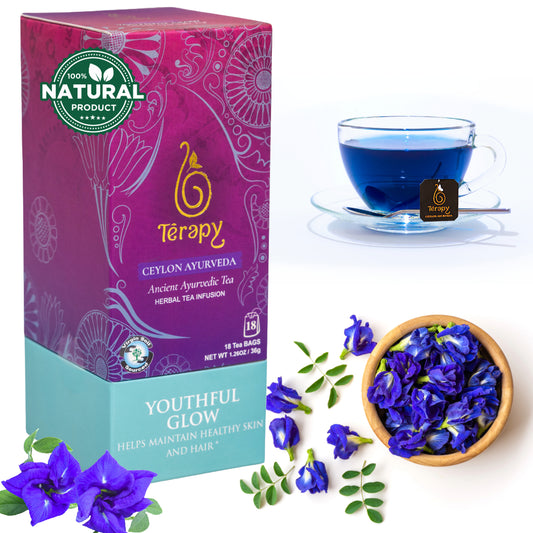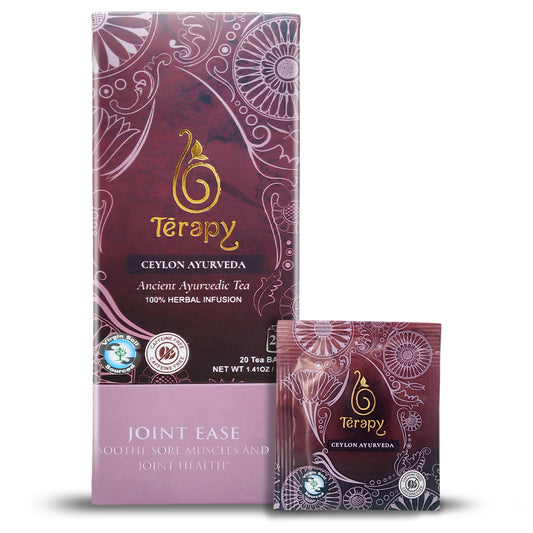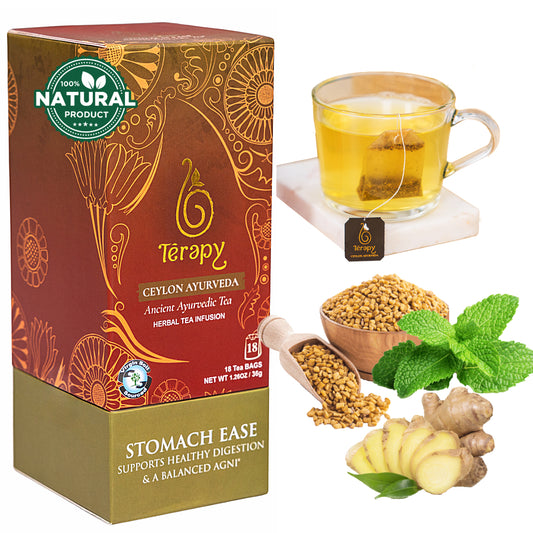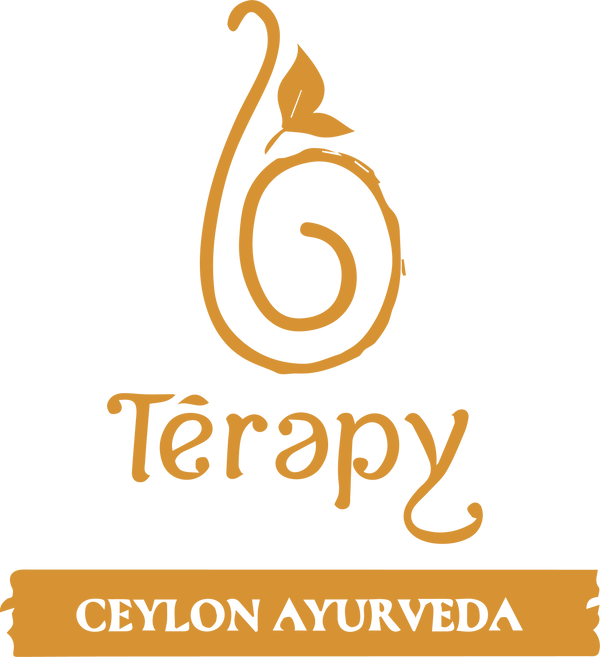The Timeless Wisdom of Ceylon Ayurveda: Ancient Healing for Modern Wellness
Ceylon Ayurveda: The Ancient Science of Life
Ayurveda, often referred to as the "Science of Life," is an ancient healing system practiced for over 5,000 years. Originating in the Indian subcontinent, Ayurveda offers a holistic approach to health and well-being by emphasizing the harmony between mind, body, and spirit. Despite its ancient roots, Ayurveda remains highly relevant today, especially in Sri Lanka, where it is deeply woven into the culture and daily life. Ceylon Ayurveda continues this tradition, blending timeless wisdom with modern wellness needs.
What is Ayurveda?
Ayurveda is founded on the belief that health and wellness depend on a delicate balance between the five elements: earth, water, fire, air, and ether. These elements combine in varying degrees to form three primary life forces, or "doshas", which govern all physical and mental processes. Ayurvedic practices aim to balance these doshas, restoring the body to its natural equilibrium and promoting long-term well-being.
This system is rooted in natural healing using plants, herbs, minerals, and spices, making it one of the world's oldest forms of natural medicine. Unlike conventional medicine, Ayurveda addresses the individual as a whole, considering physical symptoms as well as mental and emotional factors.
The Principles of Ayurveda: Vata, Pitta, and Kapha
The three doshas—Vata, Pitta, and Kapha—are fundamental to Ayurvedic practice. Each person has a unique combination of these doshas, which shapes their physical, emotional, and mental characteristics.
1. Vata (Air and Ether)
Vata is associated with movement, air, and space. Those with a dominant Vata dosha are often energetic and creative but may experience anxiety, restlessness, and digestive issues when out of balance. Vata governs bodily movements, including blood flow, the nervous system, and breathing.
To balance Vata, Ayurveda recommends grounding activities and foods. Warm, nourishing meals like soups and stews, calming herbs such as ashwagandha, and consistent daily routines can help pacify an overactive Vata dosha.
2. Pitta (Fire and Water)
Pitta represents transformation, linked to fire and water elements. Pitta-dominant individuals are typically driven and focused but may become irritable, inflamed, and overheated when imbalanced. Pitta governs digestion, metabolism, and energy production.
To cool excessive Pitta, Ayurveda suggests soothing practices. Consuming refreshing fruits and vegetables, calming herbs like coriander and fennel, and spending time in nature can help maintain balance.
3. Kapha (Earth and Water)
Kapha embodies stability, structure, and nourishment. People with a Kapha-dominant dosha are often grounded and compassionate but may experience sluggishness, weight gain, and congestion when out of balance. Kapha governs the body's structure—muscles, bones, and tissues.
For Kapha imbalance, Ayurveda recommends stimulating activities, astringent or bitter foods, and energizing herbs like turmeric and ginger to rekindle vitality.
Natural Ingredients in Ayurvedic Products
A key feature of Ayurveda is its reliance on natural ingredients to restore balance. Herbs, spices, oils, and minerals are selected for their unique properties and ability to target specific dosha imbalances. Some standout Ayurvedic ingredients include:
- Turmeric: Known for its anti-inflammatory and antioxidant properties, turmeric helps balance all three doshas and is used in skincare and supplements.
- Ashwagandha: This adaptogen calms the mind, reduces stress, and supports overall vitality, particularly useful for balancing Vata.
- Gotu Kola: Referred to as the "herb of longevity," Gotu Kola enhances brain function, reduces anxiety, and supports healthy skin.
- Cinnamon and Ginger: These spices aid digestion and metabolism, making them ideal for Pitta and Kapha imbalances.
- Neem: A natural antiseptic and antifungal, Neem is often used in Ayurvedic skincare for its purifying properties.
Ceylon Ayurveda: A Legacy of Healing
Sri Lanka, historically known as Ceylon, has a rich tradition of Ayurveda that dates back centuries. Sri Lankan Ayurveda not only adheres to classical principles but also incorporates indigenous herbs and practices. This blend has created a unique form of healing, with local plants like Ceylon cinnamon, black pepper, and sandalwood playing crucial roles in treatment.
In the modern world, Ceylon Ayurveda offers a bridge between ancient wisdom and contemporary health challenges. From skincare to dietary supplements, Ayurvedic products rooted in Ceylon’s traditions are crafted to rejuvenate and restore. These products often feature herbal blends following ancient recipes passed down through generations.
Ayurveda for Today’s Lifestyle
With a global shift towards natural and holistic wellness, Ayurvedic products have gained significant popularity. Whether through herbal teas that balance doshas or skincare made from organic ingredients, these products are designed to nourish both body and soul.
Incorporating Ayurveda into your lifestyle doesn’t require a complete overhaul. Small, intentional changes—such as switching to Ayurvedic teas, using natural skincare products, or including dosha-balancing foods—can profoundly impact your overall well-being. Embracing Ayurveda means tapping into an ancient tradition that promotes balance, health, and vitality in every aspect of life.
Conclusion
Ceylon Ayurveda represents more than just a healing tradition; it embodies a philosophy of life centered on balance, harmony, and natural living. By integrating this centuries-old wisdom and natural ingredients into your routine, you can nurture your body and promote lasting health and well-being. Whether you seek to balance your doshas, enhance your skin, or lead a healthier life, Ceylon Ayurveda offers a perfect blend of ancient practice and modern wellness.
Featured collection
-

Youthful Glow Tea
SaleYouthful Glow Tea
Regular price From $17.99Regular priceUnit price / per$19.99Sale price From $17.99Sale -

Slimming Garcinia Tea
SaleSlimming Garcinia Tea
Regular price From $17.99Regular priceUnit price / per$19.99Sale price From $17.99Sale -

Joint Ease Tea
SaleJoint Ease Tea
Regular price From $14.99Regular priceUnit price / per$17.99Sale price From $14.99Sale -

Stomach Ease Tea
SaleStomach Ease Tea
Regular price From $15.99Regular priceUnit price / per$17.99Sale price From $15.99Sale





